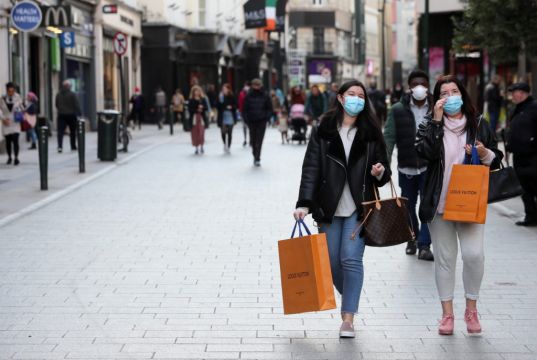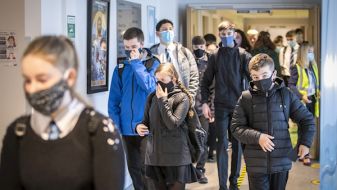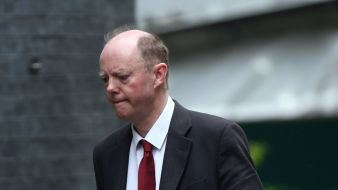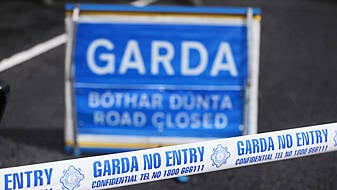The head of the HSE, Paul Reid, says a drop in the positivity rate of people with Covid-19 gives hope for the future.
In the last seven days, the rate of those testing positive has declined from 8.9 to 5.8 per cent.
It is seen as an important measure as it indicates how widespread infection is in the community.
It comes as 7 more people with the virus have died and there has been 777 new cases.
Always reluctant to declare a trend. But for the last 7 days we've seen the positivity rate from testing reducing marginally each day. From 8.9% to 5.8%. One way or another, I hope it gives everyone some encouragement and hope. #COVID19 @HSELive
— Paul Reid (@paulreiddublin) October 23, 2020
Advertisement
Professor Rachel McLoughlin from Trinity College Dublin says the Level 5 restrictions can work:
"The decision was taken this week to move to level 5 and there is a lot of controversy around that decision.
"The facts remain that this is where we find ourselves now. We have to make the effort that is needed.
"None of us want to find the situation in six weeks time where the lockdown continues, or worse still more restrictions are put in place."
Public restrictions
Meanwhile, in an early sign that public Covid-19 restrictions may be working, the HSE has seen a sharp drop in the average number of close contacts of individuals becoming infected over recent days.
HSE data, obtained by The Irish Times, shows that the average number of contacts that a positive case has reported after testing positive has fallen to an average of three from five last week and six at the start of this month.
The decline in the number of close contacts of newly infected cases, while a tentative sign, shows the possible impact of public restrictions, escalated this week, on the transmission of the disease.
The reduction in close contacts will help ease pressure on the State’s contact tracing operation.
As reported on Tuesday, the HSE’s contact tracing was overwhelmed last weekend by a surge in cases. This forced tracers to skip calls to close contacts of about 2,000 Covid-19 cases to avoid a backlog and days-long delays in calling new daily cases this week for their contacts.







